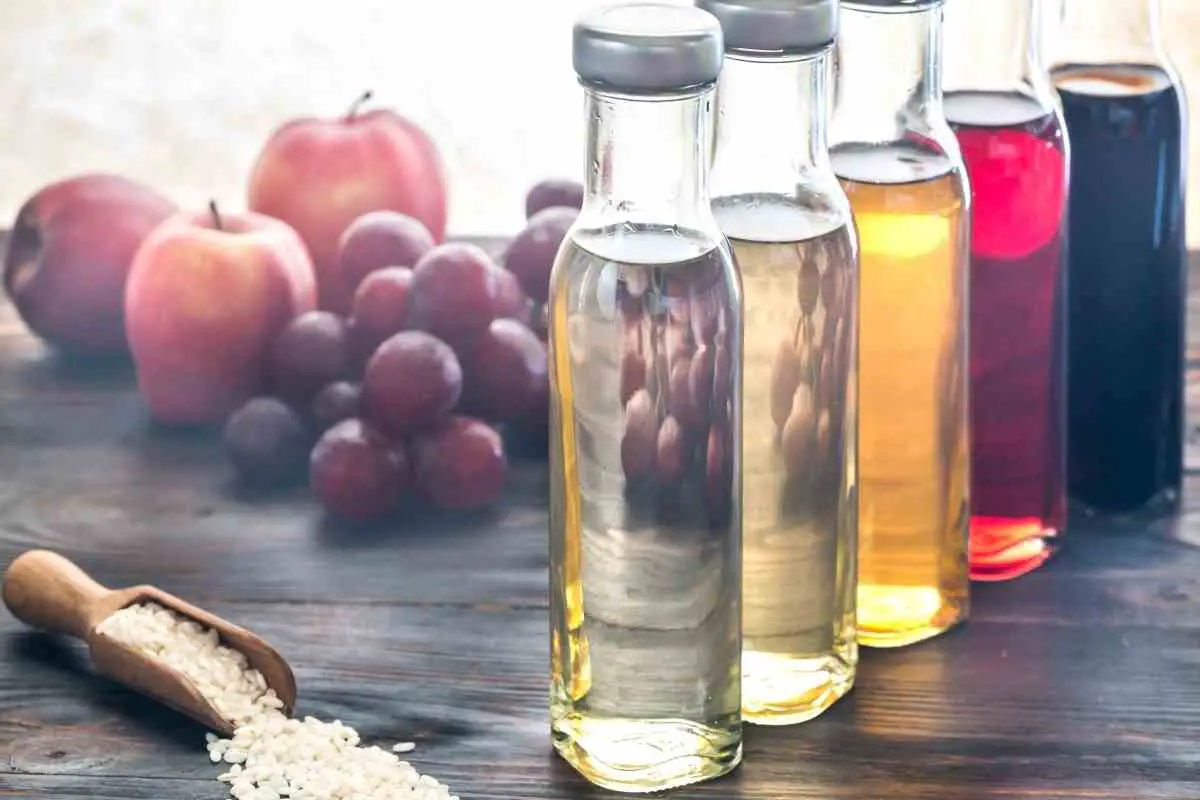If the thought of pouring vinegar on your succulents is akin to running your nails down a blackboard, you’ll be floored by the fact that this is something that many succulent owners actually do!
Vinegar can be a gardener’s best friend and for the succulent, this everyday condiment has a range of beneficial uses.
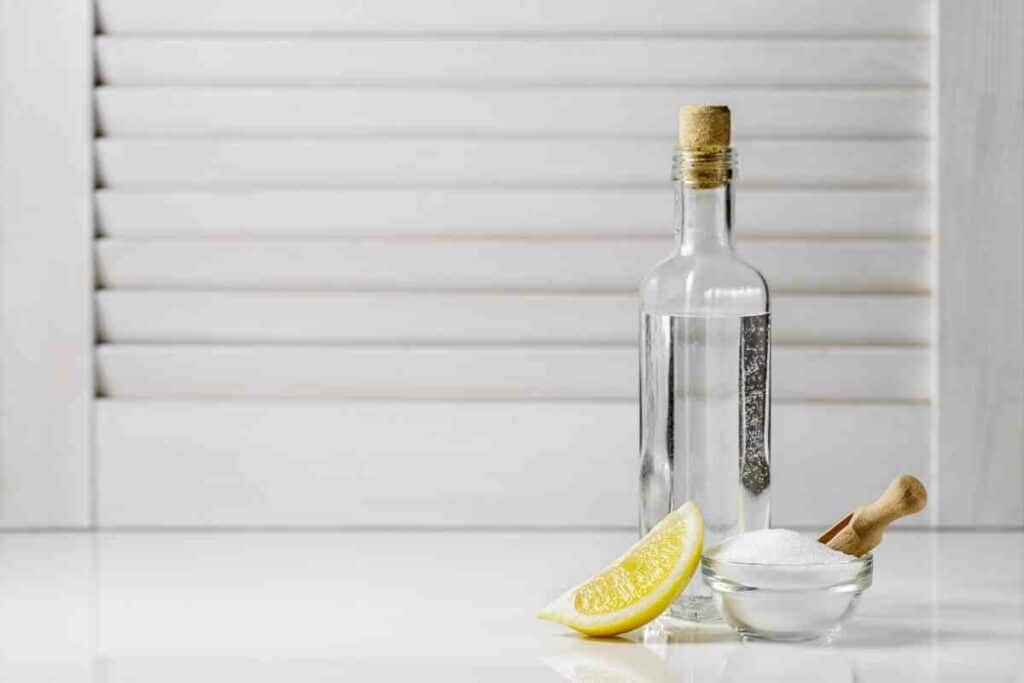
Grab that old bottle of vinegar that’s gathering dust in the pantry and read on for the essentials of using vinegar on succulent plants.
When used correctly vinegar won’t kill your succulents
Vinegar has been a gardening staple for centuries and though it is an acid, it is a weak one that can be readily diluted for horticultural purposes.
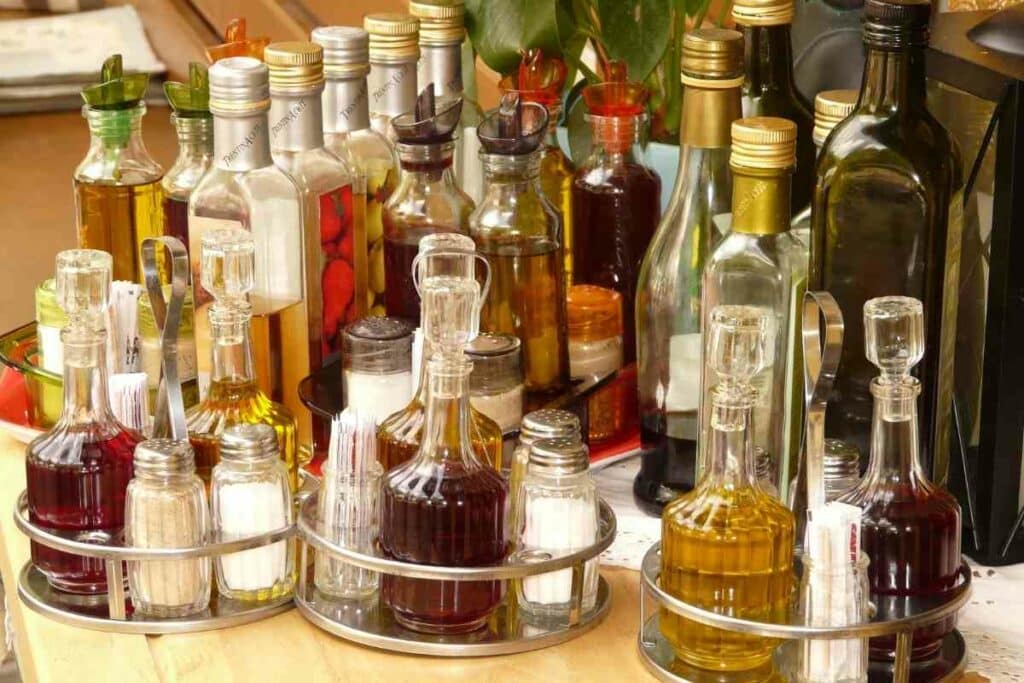
As acidity-loving plants succulents will tolerate and even thrive with the judicious use of vinegar.
However, if used incorrectly it is more than capable of harming or even killing your prized succulents, as we explain further on.
Believe it or not, vinegar does have some great benefits for your succulents
Vinegar has several beneficial uses for succulents that are well worth a try.
Here are some tried and tested uses.
1- Use vinegar to clean water stains from your succulent
If you use hard water to water your succulents you can end up with a white buildup on the soil, container, or leaves of the plant.
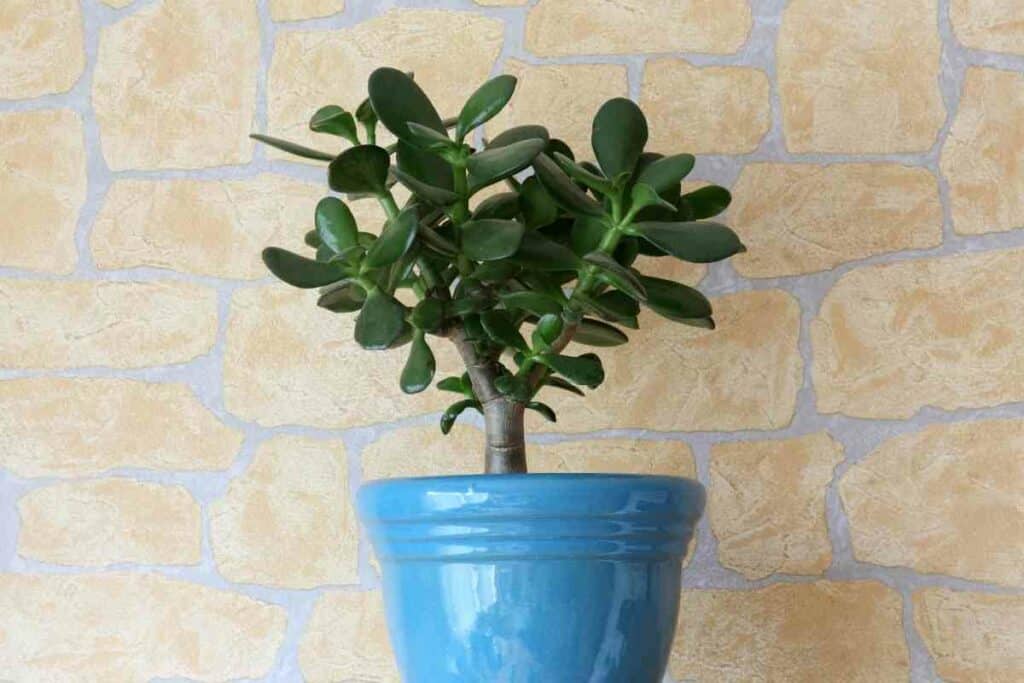
The water stains are made up of calcium and magnesium, which also causes succulent watering problems by leaving a white build-up on the plants.
You can remove these white stains with zero harm to the plant by:
- spraying the succulent with dilute vinegar
- leaving it for about 30 seconds
- and then rinsing the plant off under running water
The vinegar will dissolve all the hard water stains.
Consider repotting the succulent in new soil that is free of hard water so that the stains don’t recur.
Important – Avoid letting the vinegar run into the soil as it can kill the succulent.
2 – Vinegar can help manage succulent water problems
Succulents favor acidic soil with an optimum pH being between 6.5 and 6.0.
You can test your water pH and bring it down to an acceptable level using white vinegar.
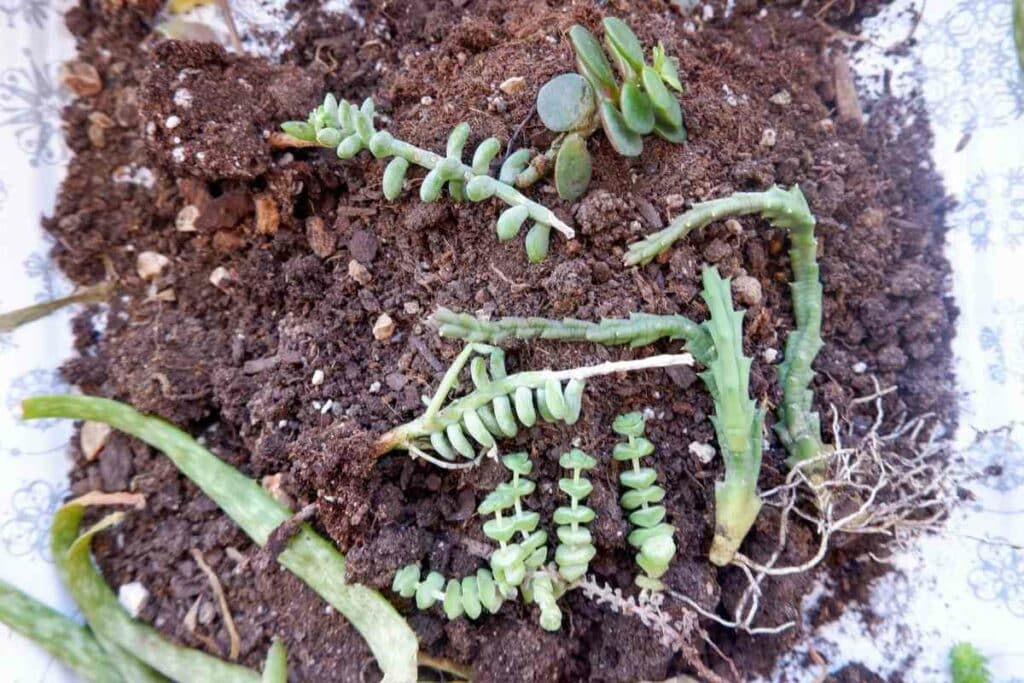
This may be helpful if you are watering your succulents with tap water.
Vinegar has the added benefit of softening hard water, which prevents residues on the succulent foliage and soil.
Test your vinegar solution pH before every watering because the pH of tap water can fluctuate. If your succulent tolerates the solution, use it for every watering.
3 – You can control fungus on the leaves of your succulent with vinegar
Dilute vinegar can be used to remove surface mold on your broader-leaved succulents.
You may lose leaves but stop the fungus from spreading and killing the plant.
Dilute the vinegar to no more than culinary strength and lightly spay the plant on the areas where there is mold.
You may get some superficial damage but save the plant with this treatment.
4 – Vinegar can be effective in removing insects
Some insects are destroyed by vinegar, but it is less effective for removing sapsuckers and other waxy pests than the rubbing alcohol that is often used.
The vinegar simply does not penetrate or desiccate the insects in the way alcohol does, making it tempting to use a stronger concentration or more physical that can damage the plant.
5 – Protect succulent seedlings from mould with vinegar
Vinegar can protect from mold when germinating seeds.
Succulent seedlings are particularly vulnerable to the effects of moldy compost.
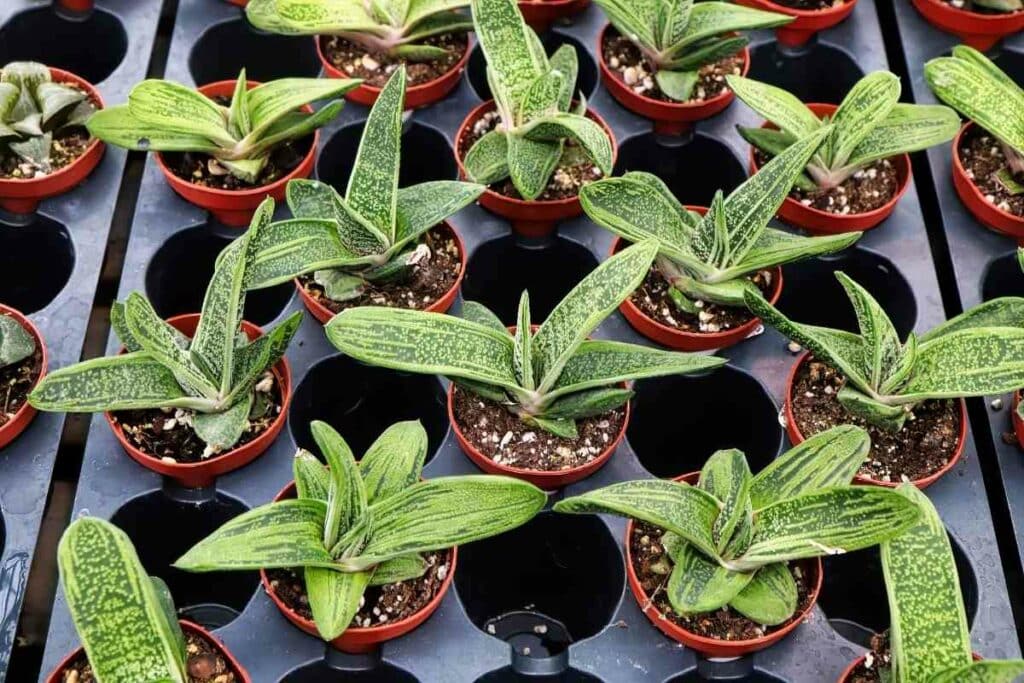
Compost left in a humid and warm environment can generate mold that overwhelms the seedling, some insects and flies also lay eggs that cause mold.
Vinegar is most effective at tackling mold that has grown across the surface of the soil.
This stranded mold is particularly destructive and spreads quickly to destroy your seed tray. Misting this mold with vinegar will stop it in its tracks, and save your seedlings.
Interestingly: The seedlings can survive the vinegar, but too much vinegar can kill them.
Can I use vinegar on my succulent plant?
If you choose to use vinegar on your succulents, ensure that it is diluted and any topical application is rinsed off quickly after application.
If it is left on the succulent it can cause burns that damage the thick waxy cuticle of the leaves, stem, and roots, leaving the plant vulnerable to fungal infection.
Use the right vinegar
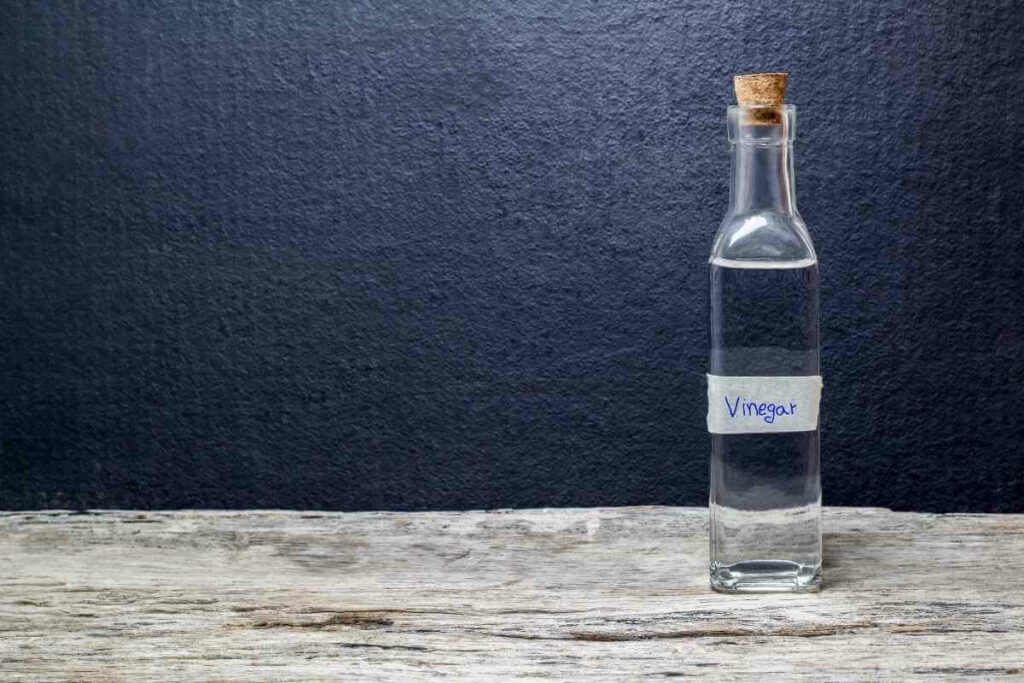
It is vital that you do not use vinegar on your sweet succulent that is too strong:
- Despite the name horticultural vinegar is over 20% pure acid and is highly corrosive and will kill just about any foliage it comes into contact with. It can even give you a nasty burn too.
- Household vinegar is between 3 and 10% acid, depending on the type, and will not kill your plant. This is strong enough for any plant and can also cause burns if not diluted. White vinegar with an acetic acid percentage of between 4 and 7 percent is most often used.
How much vinegar should I be using?
The amount of vinegar will depend on your water pH and buffering capacity.
Relying on measurements like a teaspoon per gallon or percentages can be dangerous to your plant.
It does require a trial and error approach, so be prepared to adjust your vinegar solution for each watering.
Damage from applying vinegar to succulents
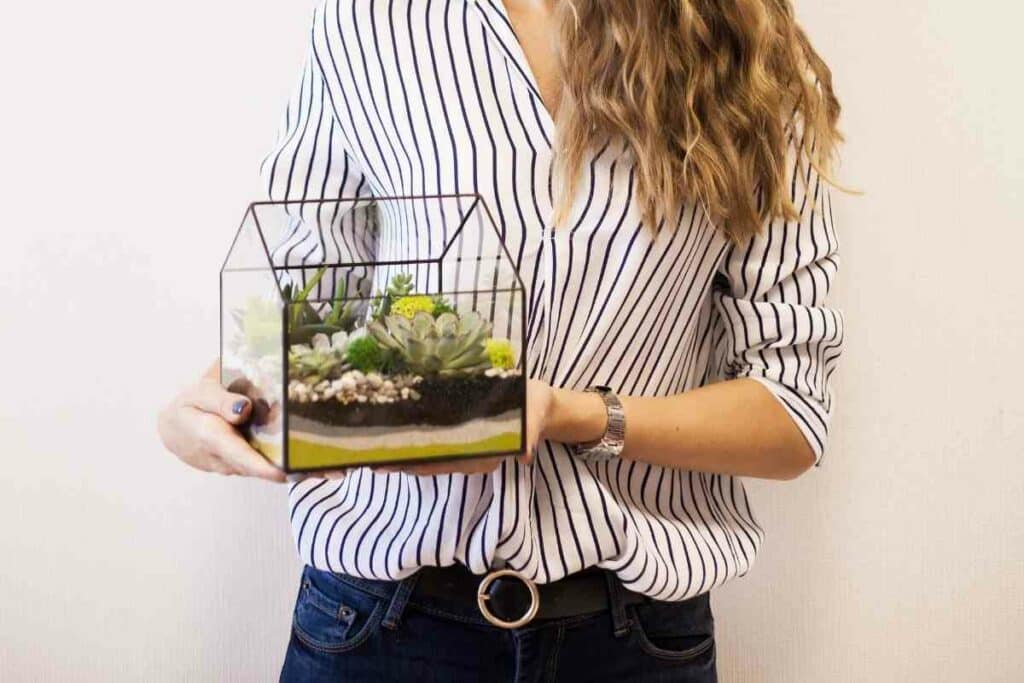
Don’t let the thick skin of your succulents let you assume that spraying cannot damage your succulents.
Scarring develops surprisingly easily even on hardy plants like Aloe, jade, or euphorbia.
Most damage is cosmetic but fungal infections can take hold and kill the plant after vinegar applications.
Never let the vinegar dry on the plant. Often death from exposure to vinegar is delayed several months after the vinegar application.
Citric acid is an effective alternative to vinegar
Some succulent owners prefer to use citric acid to acidify the water.
Most plant owners use white vinegar because they have it in the house, but citric acid is easier to dose and handle and you will probably use a much smaller quantity than vinegar to make up a batch of suitably acidified water.
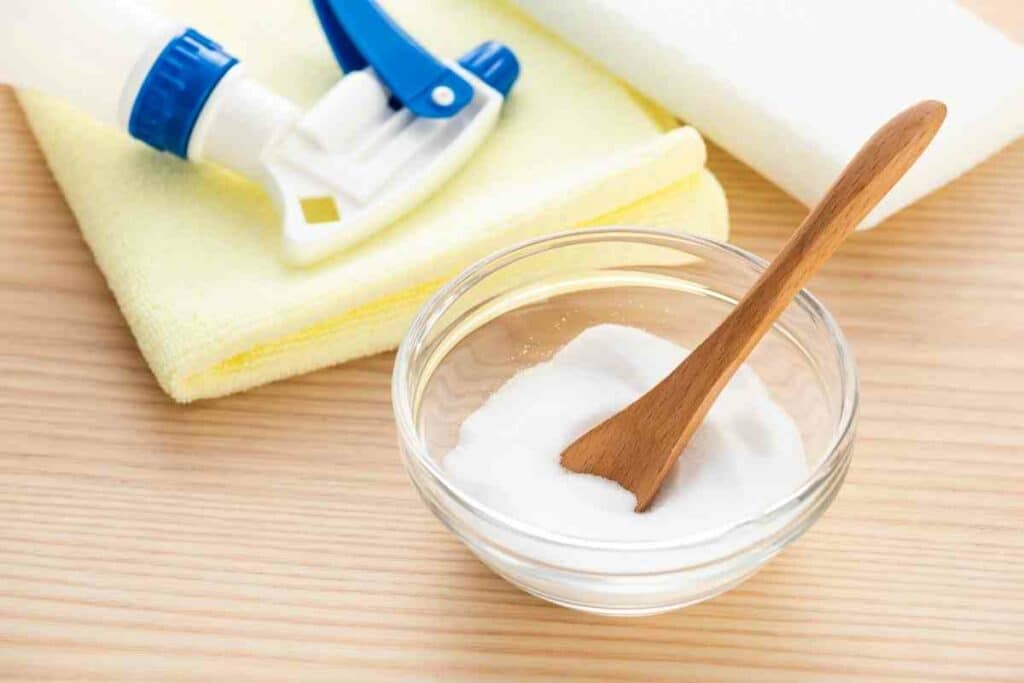
Once you become familiar with citric acid, it is easy to find in stores or online and will last a long time.
Rounding up
Vinegar definitely plays a role in the nuanced care of succulents.
But it is very easy to get it wrong and damage your plant.
Never leave the vinegar on the foliage of your succulent and if using it to acidify the water, make sure you check the pH is suitable for your plant.
